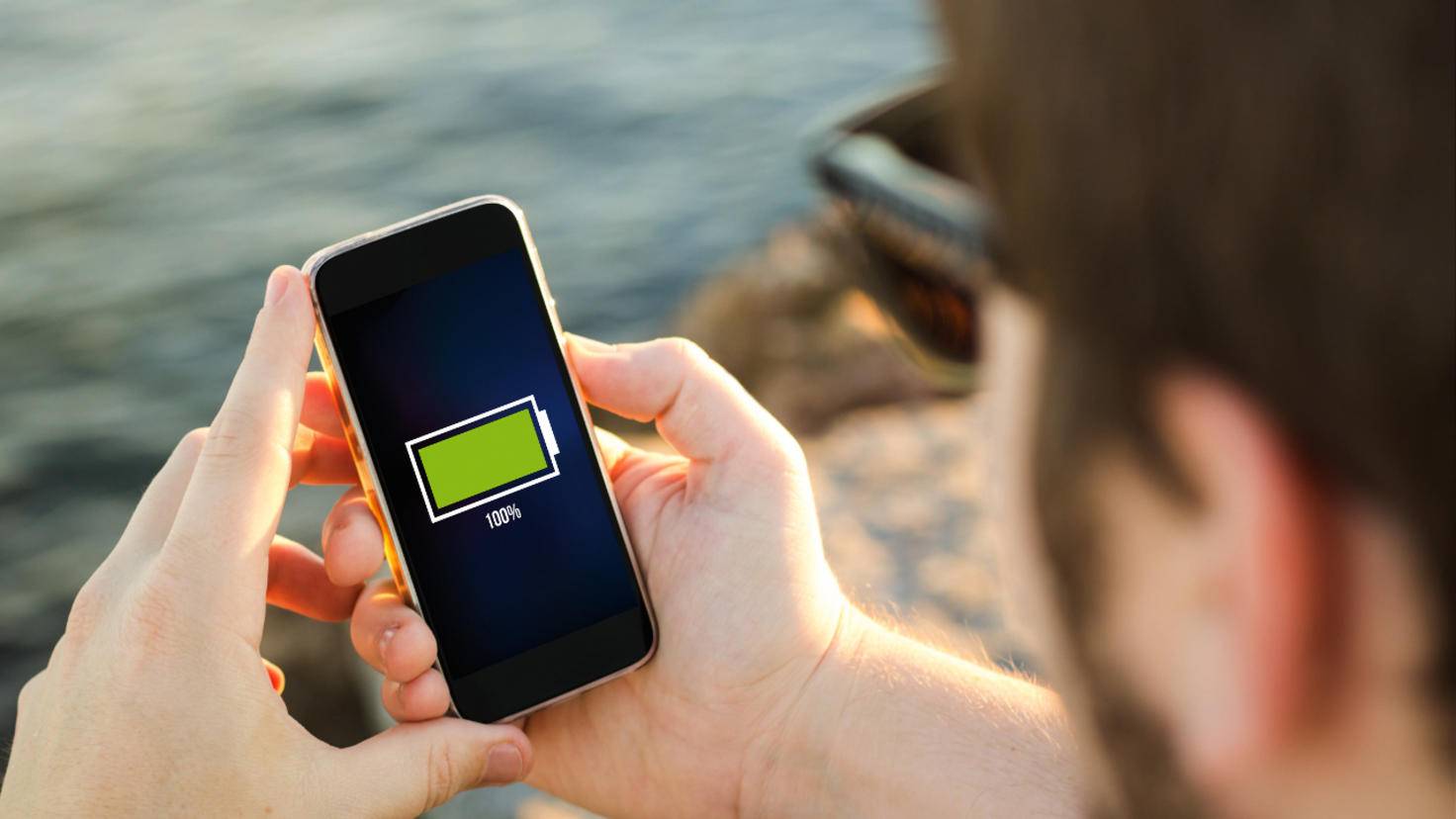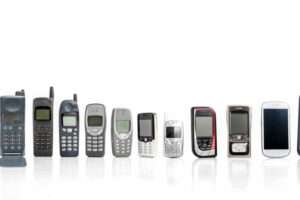Smartphone batteries are the unsung heroes of the digital age. They fuel our constant connection, powering endless scrolling, video calls, and gaming marathons. But let’s face it, they often fall short, leaving us scrambling for chargers and lamenting their sluggish recharge times. Fear not, tech enthusiasts, for the battery landscape is shifting! Next-generation battery technologies are on the horizon, promising to revolutionize the way we power our beloved devices.
Breaking the Lithium-Ion Barrier:
For decades, lithium-ion batteries have reigned supreme, powering everything from smartphones to electric vehicles. While reliable, they have limitations:
- Limited lifespan: Lithium-ion batteries degrade over time, meaning your phone’s once-stellar battery eventually becomes a mere shadow of its former self.
- Slow charging: We live in a fast-paced world, and waiting hours for a full charge can feel like an eternity. Lithium-ion batteries, while improving, have hit a plateau in charging speed.
- Safety concerns: Lithium-ion batteries, though generally safe, can be prone to overheating and even explosions in rare cases.
The Rising Stars:
But the future is bright! New battery technologies are emerging, each with its own unique set of advantages:

Solid-state batteries:
These ditch the liquid electrolyte of traditional batteries for a solid polymer, leading to increased safety, faster charging, and longer lifespans. Samsung has already unveiled a prototype foldable phone with a solid-state battery, indicating the technology’s potential for commercialization.
Samsung solidstate battery for smartphones
Lithium-sulfur batteries:
These batteries boast significantly higher energy density than lithium-ion, meaning they could potentially hold much more charge in the same amount of space. However, challenges remain in terms of lifespan and stability.
Lithiumsulfur batteries for smartphones
Sodium-ion batteries:
These eco-friendly alternatives to lithium-ion batteries use abundant sodium instead of lithium, making them more sustainable and potentially cheaper. While energy density is currently lower than lithium-ion, advancements are being made.
Sodiumion batteries for smartphones
A Glimpse into the Future:
These are just some of the exciting breakthroughs in the battery world. While widespread adoption of these technologies might take a few years, the future looks promising:
- Phones that charge in minutes, not hours: Imagine grabbing a quick coffee while your phone’s battery jumps from zero to 100%. Solid-state batteries and other advancements could make this a reality.
- Days, not hours, of battery life: No more battery anxiety! Next-gen batteries could power your phone for a full day, even with heavy usage.
- Safer, more sustainable options: Eco-conscious battery technologies like sodium-ion could revolutionize the way we power our devices and reduce environmental impact.
The Journey Continues:
The quest for the perfect smartphone battery is a constant race, and the finish line is always moving. But with the dedication of researchers and the ingenuity of tech giants, we can be confident that our pocket-sized powerhouses will soon boast batteries that match their ever-growing capabilities. So, ditch the power banks and embrace the future, where charging woes are a thing of the past and our smartphones truly become the ultimate companions, powered by revolutionary battery technology.
















Add Comment